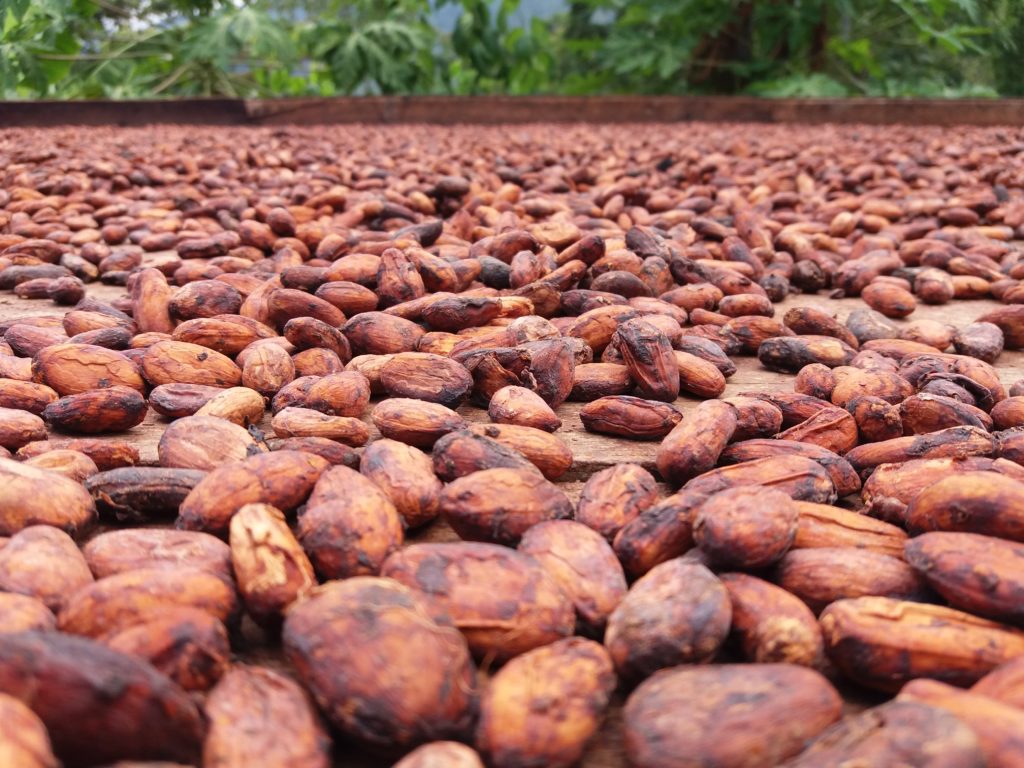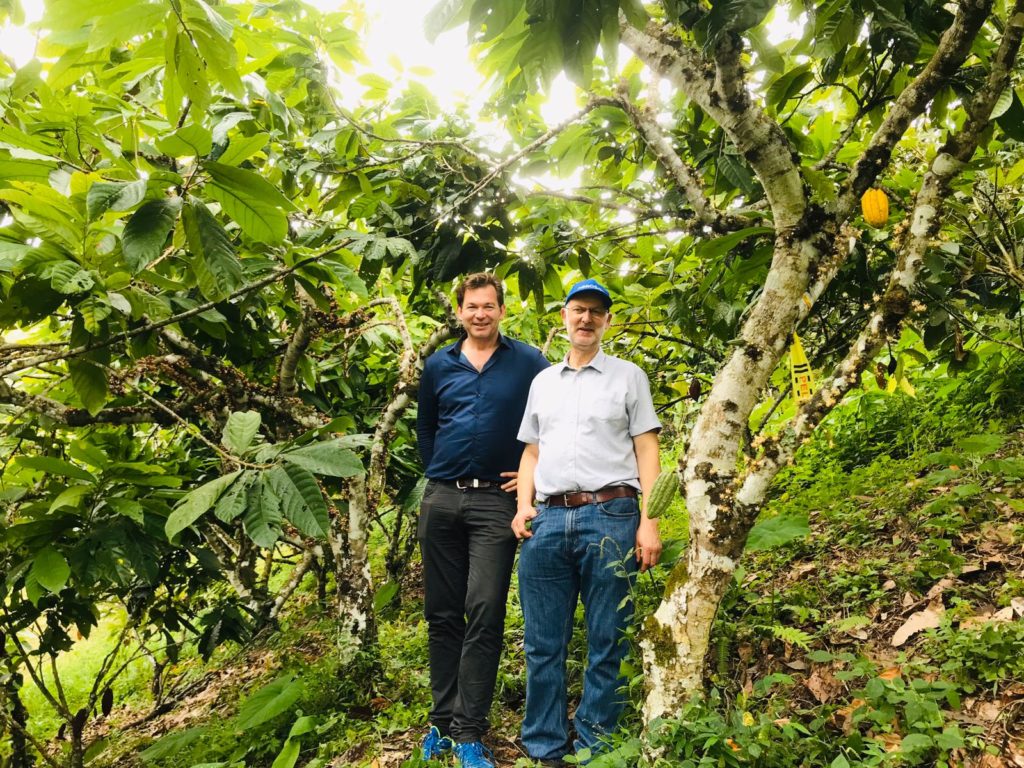By Sam Adams, Head of Programmes
Over the last month or two the Agricompas science team have been making visits to rice fields in the Tolima region in Colombia. Travelling the five hours from Bogotá, the journey is a reminder of just how big this beautiful country is.
The two scientists are using these trips to better monitor, understand, and support the collection of accurate crop data. Inspections of soil and water took place, as well as looking at our cutting edge technology that collects weather data as well as greenhouse gas emissions.
These trips are in close collaboration with another member of the EcoProMIS project consortium, Fedearroz. Their technicians were on hand to demonstrate data collection techniques and to reflect on best practices and quality control measures.
Dr Gil and Dr Bojacá inspected the rice crop, which is just starting to germinate. This is the fifth cycle of rice crop data that the EcoProMIS project is collecting from both the Tolima and Casanare districts.

In addition to these five cycles of data, we have access to a much larger historical database of rice farming, and our team is combining this information in order to create and strengthen our crop model. This model is thus becoming more reliable (‘robust’) as we add more data, including phenological, weather, and satellite imagery.
As we prepare to enter the fifth year of the project, it is exciting to see how a huge amount of collected data has now been processed through our science and IT work into useful practical outputs that will directly benefit farmers.
Via mobile apps, these growers are able to access yield calculators and other tools to help them maximise their farm output and move towards our shared goal of sustainable optimisation.
Our science team will continue to make these regular visits as the project grows from strength to strength and we look towards rolling out this unique service to rice growers in Colombia and elsewhere.

